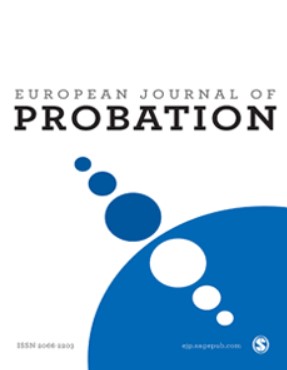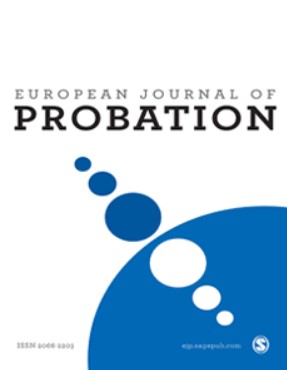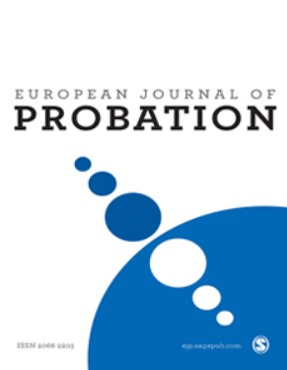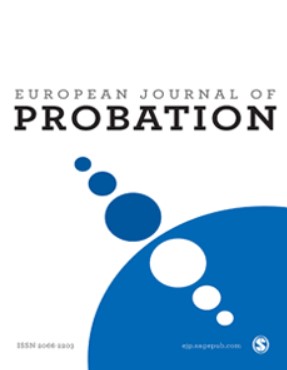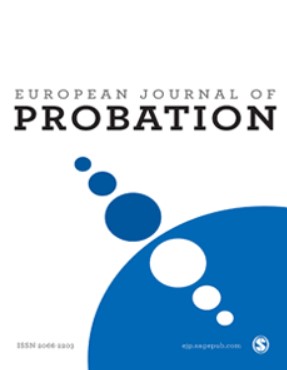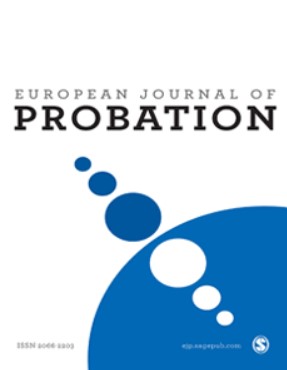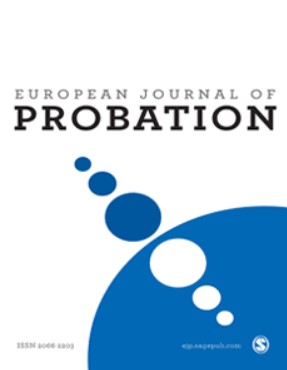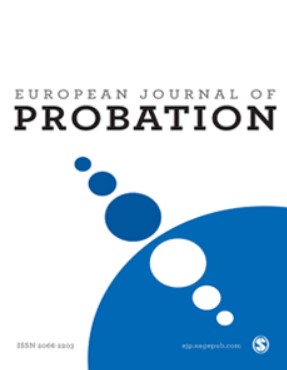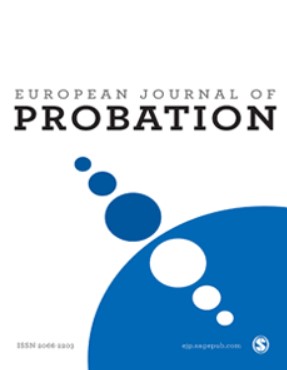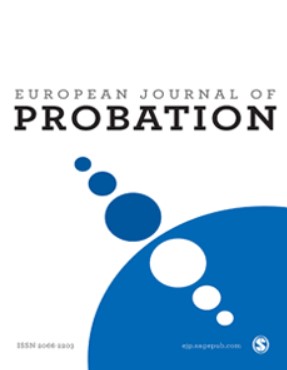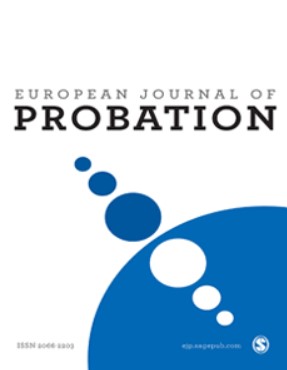
Consent and cooperation in the Greek context: Rhetoric and praxis
The core alternative measures in Greece have traditionally been implemented without supervision in the community. Since the early 1990s, however, new community measures have been introduced, following European developments and under the pressure of prison overcrowding. This article examines how issues of consent and cooperation in the supervision of offenders have been addressed in practice in relation to four community measures that are currently available in Greece: treatment interventions for substance abuse offenders, the community service order, the suspended sentence with probation and home detention with electronic monitoring. Different types and scales of approaches in relation to consent and cooperation are observed in different stages of the criminal procedure and between different community measures. An explanation of these variations is proposed with reference to the framework of the different ‘visions’ of community sanctions and measures – managerial, punitive, rehabilitative and reparative. Official language – rhetoric – is utilized in this exploration, while possible further action – praxis – is proposed.
More...
